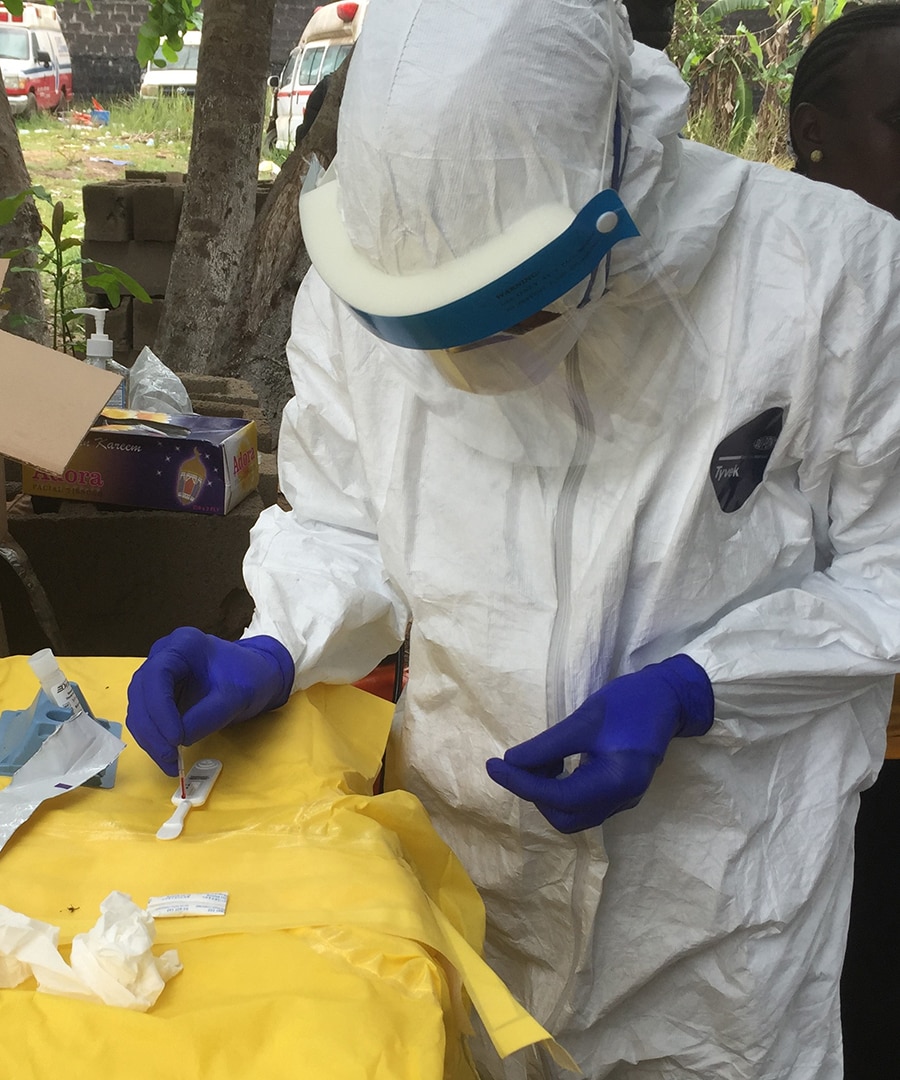Snapshot: Outbreak Support and Border Health
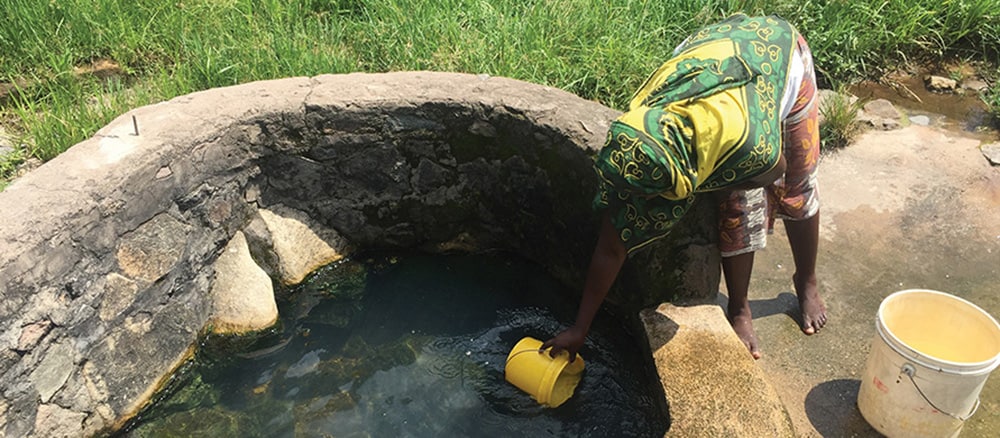
In addition to COVID-19 and polio, the CDC Tanzania office worked with Ministry of Health to respond to, and prepare for, various other health emergencies in country. In coordination CDC headquarters, country office staff also participated in cross border meetings between Tanzania government officials and neighboring countries to improve border health.
Leptospirosis
An outbreak of unknown illness was announced in the Lindi region by the Government of Tanzania in July 2022. At the request of the government, CDC Tanzania staff immediately deployed to the region to support the outbreak investigation, which was later determined to be leptospirosis. CDC-supported activities included technical assistance to develop the Leptospirosis response plan, contingency plan and disseminate relevant protocols; the deployment of national government officials, FELTP residents, field investigations, and rapid response teams to the region; and distribution of educational materials to over 270 health facilities.
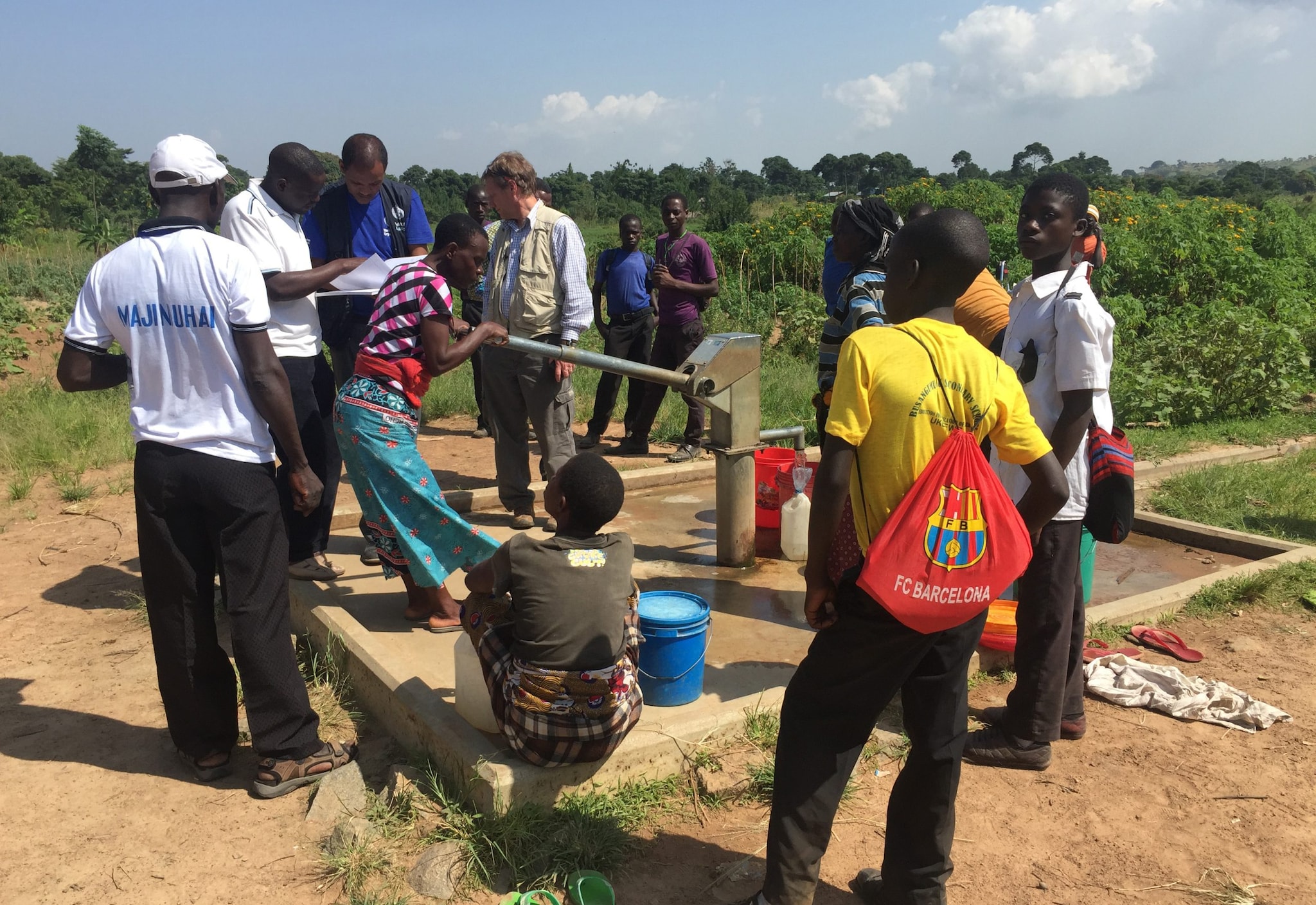
Mpox
WHO declared mpox a Public Health Emergency of International Concern in July 2022. With the increase in mpox cases in non-endemic countries, CDC assisted Tanzania’s Ministry of Health to develop educational materials to raise awareness among the general population and procured diagnostic kits to ensure the national laboratory has the capacity to test for mpox on both mainland Tanzania and Zanzibar.
WHO declared mpox a Public Health Emergency of International Concern in July 2022. With the increase in mpox cases in non-endemic countries, CDC assisted Tanzania’s Ministry of Health to develop educational materials to raise awareness among the general population and procured diagnostic kits to ensure the national laboratory has the capacity to test for mpox on both mainland Tanzania and Zanzibar.
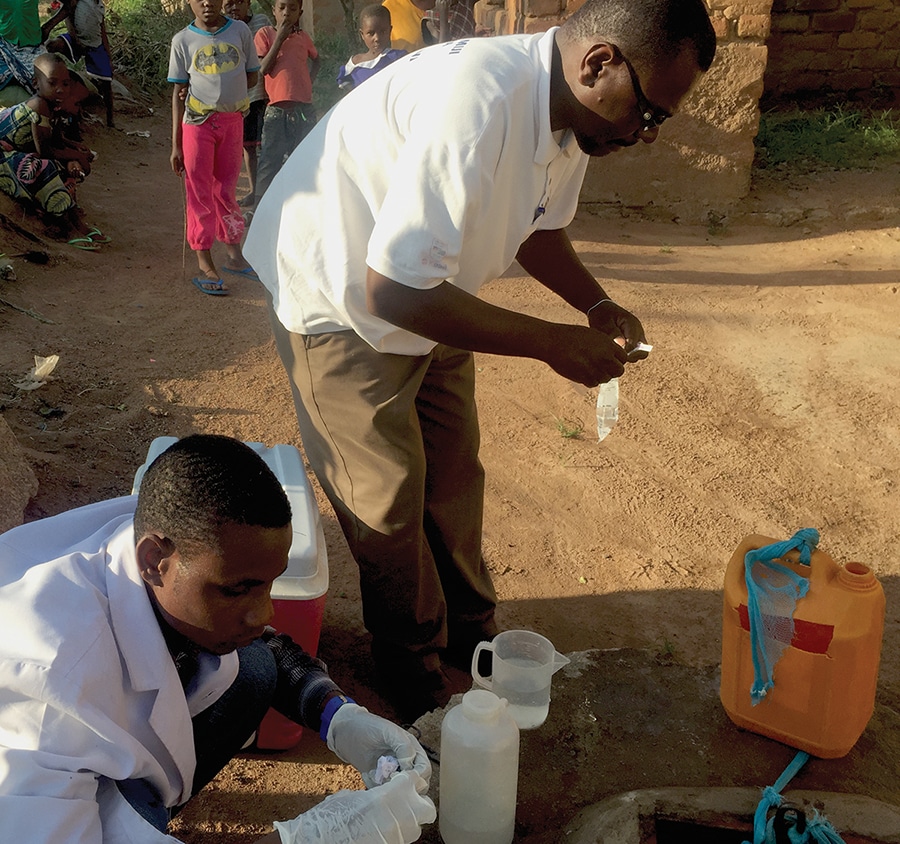
Measles
The Zanzibar Ministry of Health was notified of ongoing suspected cases of measles in June 2022. CDC helped to monitor suspected outbreak in Zanzibar and analyzed epidemiological models and data trends. In total, 6 out of 11 districts of Zanzibar reported measles cases. Measles cases were later confirmed on mainland Tanzania. CDC supported the deployment of FELTP residents and national representatives to investigate outbreaks in four mainland regions. The teams supported active investigation of cases, helped to raise awareness and sensitize the community about measles, enhance laboratory investigation activities, intensification of measles vaccination in affected districts and conducted a case-control study to better understand the factors associated with the disease.
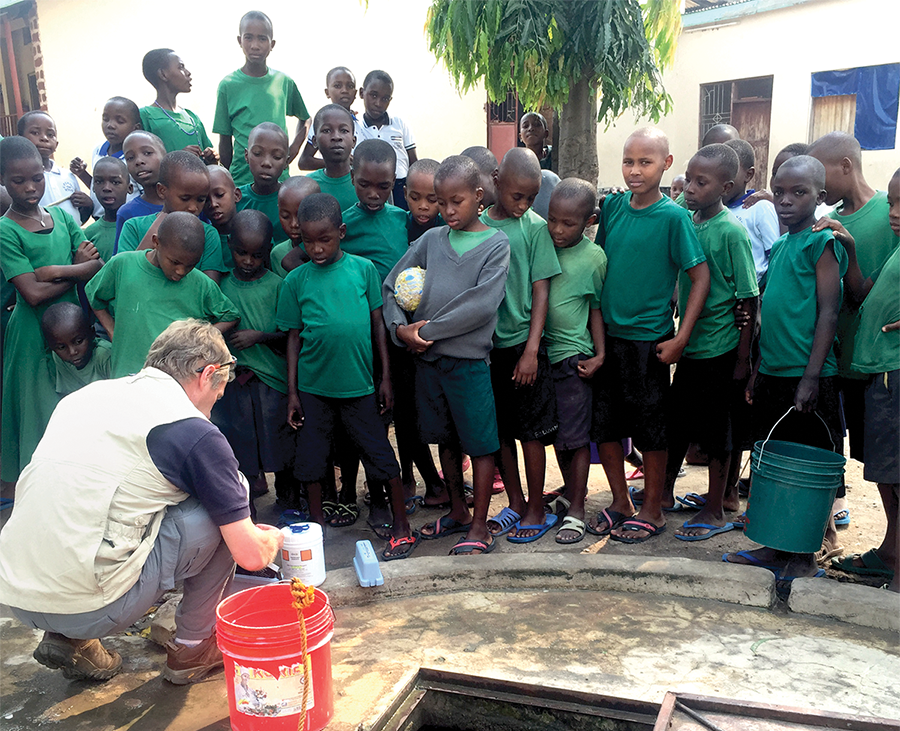
Cholera
Tanzania experienced its longest cholera outbreak that started in 2015 and affected all 26 regions. This set the stage for the establishment of the Public Health Emergency Operation Center (with support from CDC and WHO) that coordinated a multisectoral response ending the epidemic in May 2019. Cholera remains one of the major public health emergencies in the African region with the Government of Tanzania reporting cholera outbreaks in Katavi and Kigoma regions in April 2022. CDC supported the deployment of FELTP residents to investigate outbreaks, and strengthening surveillance, data analysis, and utilization of laboratory activities. In addition, CDC supported the deployment of rapid response teams at the subnational to help identify and respond to cases in communities. With CDC support Tanzania mainland and Zanzibar continue to strengthen water, sanitation, and hygiene activities (i.e.-bulk chlorination, community water treatment and hand hygiene in facilities and institutions) as part of the Global Task Force for Cholera Elimination by 2030.
Ebola
In September 2022, Uganda announced an Ebola disease outbreak. As a bordering country, Tanzania is considered high-risk for importation of Ebola. CDC provided technical support to the Government of Tanzania to increase emergency preparedness response in high-risk regions and strengthen the rapid response team. CDC has also supported the procurement of lab reagents, enhanced surveillance and point of entry, and assisted with requirement gathering meetings for a contact tracing system.
Strengthening Border Health
Strong border health systems are important to keep people within those communities and around the world safe. Since 2015, CDC has worked closely with the National Border Health Program in the ministry of health to advance the preparedness planning for all priority points of entry including air and sea ports, and characterize population movement into, through, and out of Tanzania to tailor border health and national surveillance strategies. In 2022 CDC continued to support surge staff at points of entry, and worked to strengthen cross-border collaboration with neighboring countries including the Democratic Republic of the Congo, Kenya, Malawi, Uganda, and Zambia through discussions to align bi-national surveillance approaches and analyze cross-border population movement patterns. In the last year, CDC has supported the upgrading of public health data systems, electronic disease surveillance and integration (routine, events, points of entry, vaccines), procurement of electronic equipment in 13 points of entry, cross-border meetings between Tanzania, and Kenya, and helped develop contingency plans in three points of entry.
